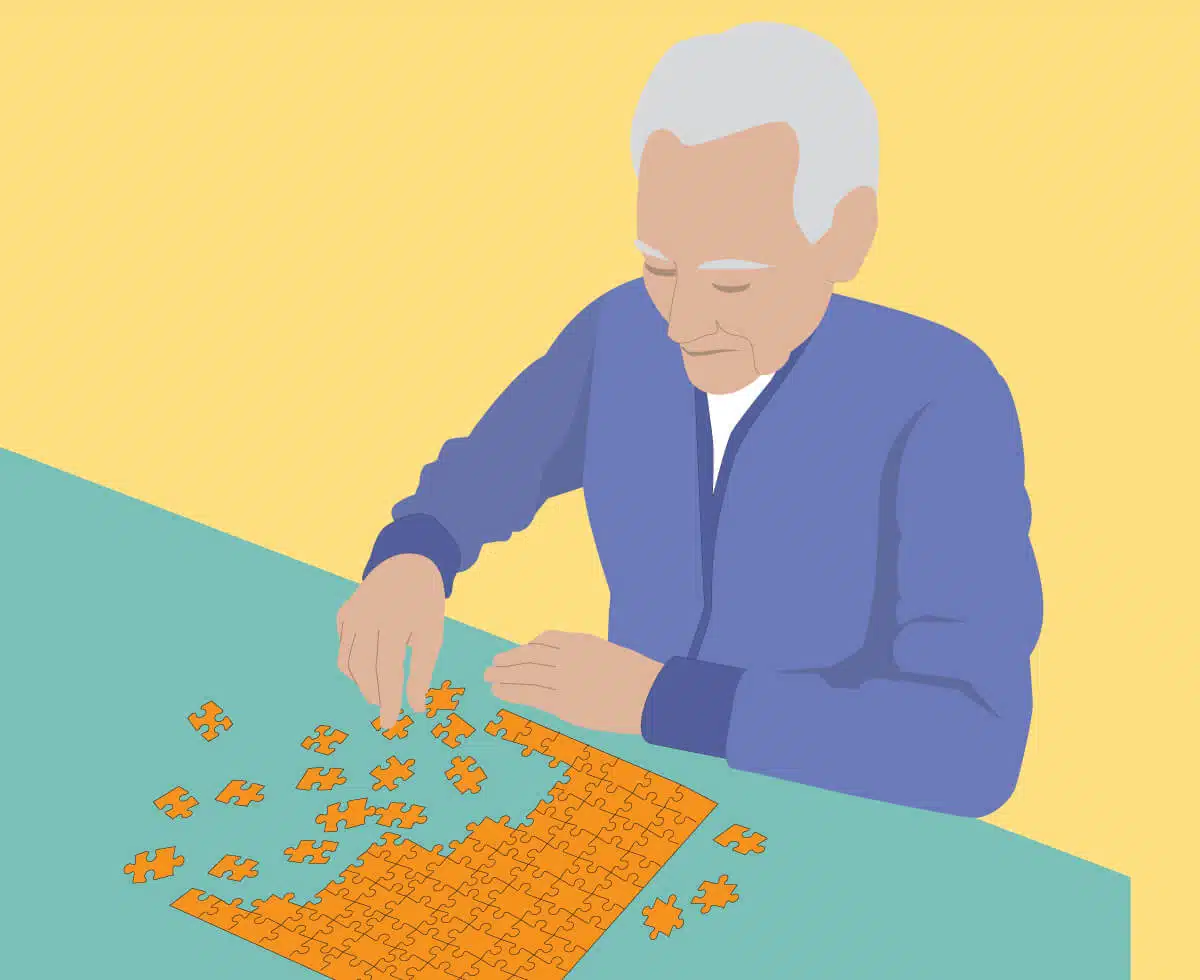Rummy is a game that is loved by people of all ages and social backgrounds. It has become a part of various cultures, and it also has many health benefits.
The rummy card game is played by two or more players who form sets and sequences. The person who gets rid of all their cards first wins the game. The winning player is awarded points based on the value of the cards in their hand.
It fosters healthy competition
Rummy is a fun card game that provides a platform for social interaction and healthy competition. It encourages communication between players and enables them to create memories that will last for years to come. It is also a great stress buster and offers an escape from the hustle and bustle of daily life.
Playing a game of Rummy requires concentration, which temporarily distracts the mind from stressful thoughts and emotions. It teaches players to manage their emotions and develop a sense of resilience in the face of challenges. It also teaches them to plan ahead and make quick decisions, which can be valuable in real-life situations.
Effective communication is an essential skill in a healthy relationship. Rummy games facilitate conversations and friendly banter between family members of different ages, encouraging them to share their personal experiences and opinions. It also teaches them to be mindful of their actions and how they might affect other players’ feelings.
It creates memories
A rummy game offers a fun and engaging way for family members of different ages to interact and bond. It also helps to improve decision-making and memory skills, while fostering a sense of social interaction. Its easy-to-learn rules make it ideal for families with diverse skill levels.
The sociable element of the game can inspire family members to share heartfelt jokes and laughter. It can also teach them to be patient, cultivate empathy, and practice sportsmanship. This can help them build healthy relationships and a strong foundation for lifelong bonds.
Additionally, rummy games can be a great way to create a ritual in the home. Whether it’s a regular family rummy night or an annual rummy tournament, these traditions can become cherished memories over time. These moments can help children and teens develop core family connections that last a lifetime. In a world where busy schedules and daily distractions are ubiquitous, these games can be an invaluable tool for creating lasting connections.
It teaches strategy
A game of rummy is an excellent way to strengthen bonds with family and friends. It promotes face-to-face engagement, teaches valuable life skills, and creates cherished memories. It also helps to relieve stress and relaxes family members.
It also improves critical thinking and enhances problem-solving abilities that will help in everyday life. This game requires players to calculate the probabilities of forming card combinations which can increase their decision-making and analytical thinking.
The game is easy to learn and can be played by people of all ages and skill levels. It is also a great option for rainy days because it provides hours of fun and entertainment for the whole family. It can even bring about healthy competition, which can strengthen familial relationships.
It creates rituals
Rummy is a great social game that can help families bond. It teaches strategy and observation, while also improving a player’s quick-thinking abilities. It can be played with family members of all ages, from grandparents to grandchildren, and is a fun way to spend time together without using technology or worrying about everyday problems.
In its most basic form, Rummy involves forming matched sets or runs of three or more cards of the same suit. The first player to make these melds gets a score based on the number of unmatched cards in his or her opponent’s hand. This simplest version of the game is known as “Rummy,” though more elaborate variations have emerged from this ancestor, including Gin and other games that follow similar procedures.
Rummy is a great social game that strengthens interpersonal bonds and encourages communication through dialogue and friendly competition. It also promotes cognitive health and improves memory, decision-making, and critical thinking skills.





